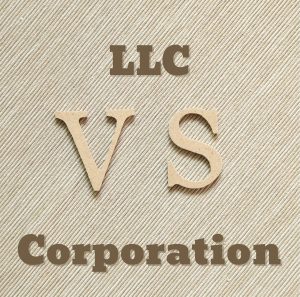 When real estate is transferred in California, it generally constitutes a change in ownership that triggers a reassessment of the taxable value of that property. There are, however, a few key exclusions that can be used to avoid this trigger and protect your business from added tax liability. If you are considering transferring any property to or from your business, be sure to consult with an attorney about the best way to do this. The investment of attorney’s fees can pay dividends in reduced legal and tax liabilities. Errors, however, can lead to costly reassessments, in addition to tax penalties and interest on the added amount due.
When real estate is transferred in California, it generally constitutes a change in ownership that triggers a reassessment of the taxable value of that property. There are, however, a few key exclusions that can be used to avoid this trigger and protect your business from added tax liability. If you are considering transferring any property to or from your business, be sure to consult with an attorney about the best way to do this. The investment of attorney’s fees can pay dividends in reduced legal and tax liabilities. Errors, however, can lead to costly reassessments, in addition to tax penalties and interest on the added amount due.
Protecting Property Through the Creation of a Business Entity
There are a few different ways to transfer property to a business entity without triggering a reassessment. One is the legal entity exclusion. This rule allows you to avoid a reassessment if 50 percent or less of the interest in a legal entity is transferred to another legal entity. So if real property is held by a legal entity, up to half of the interest in that legal entity can be transferred without triggering a reassessment. If 51 percent or more of the legal interest is transferred, there will be a reassessment. The strategy is often used by business owners who are creating a new legal entity without changing the ownership of their business.
 A limited liability company (LLC) is an option for people wishing to start a business in California that combines the tax advantages and flexibility of partnerships with the liability protection that comes with a corporation.
A limited liability company (LLC) is an option for people wishing to start a business in California that combines the tax advantages and flexibility of partnerships with the liability protection that comes with a corporation. Business Lawyers Blog
Business Lawyers Blog










